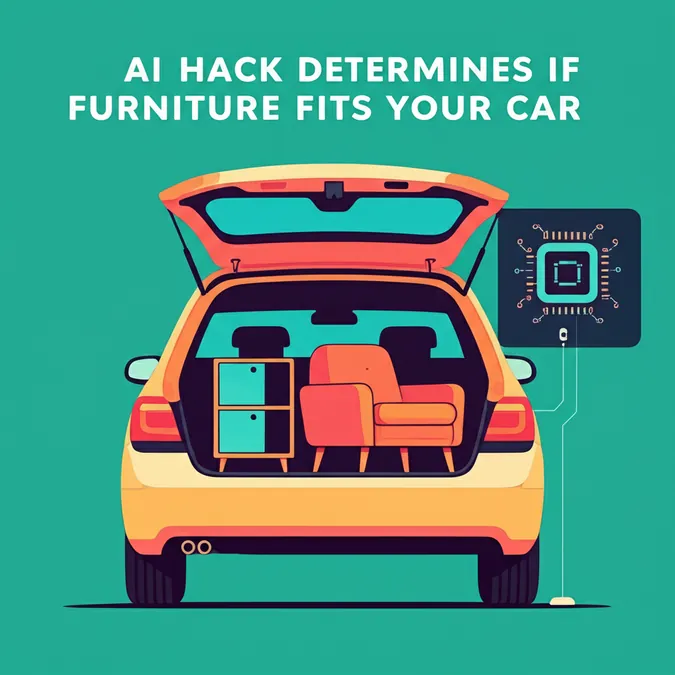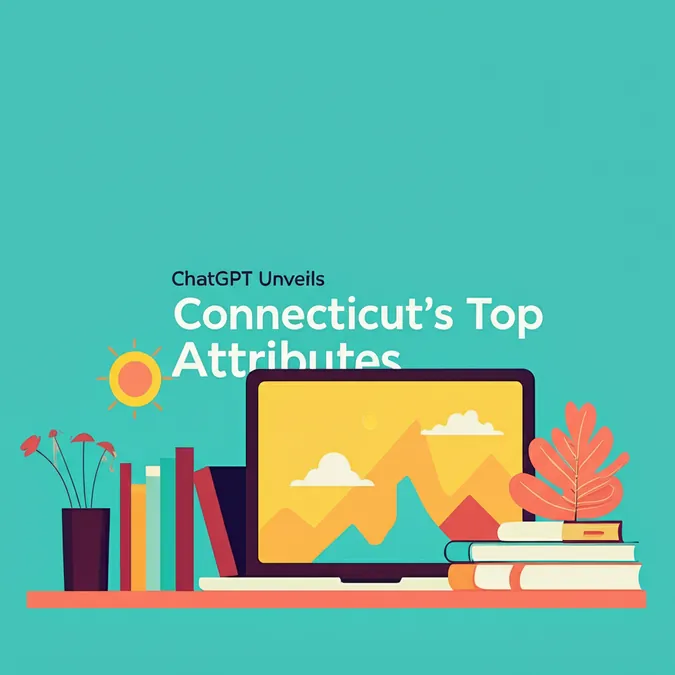Developer Offer
Try ImaginePro API with 50 Free Credits
Build and ship AI-powered visuals with Midjourney, Flux, and more — free credits refresh every month.
Sam Altman ChatGPT Parenting A Surprising Confession

You can watch the full discussion on the OpenAI Podcast Ep. 1 on YouTube.
OpenAI CEO Sam Altman, a leading figure in the tech world, has a tendency to speak candidly, sometimes without fully considering the implications of his words. A recent example of this involves his experience as a new parent, a role he suggests is difficult to manage without the assistance of ChatGPT, as reported by Techcrunch.
On the official OpenAI podcast, Altman acknowledged, “Clearly, people have been able to take care of babies without ChatGPT for a long time.” However, he then surprisingly admitted, “I don’t know how I would’ve done that.”
He described his reliance on ChatGPT for childcare advice during the initial weeks as constant. This statement has raised eyebrows, implying that traditional resources like books, advice from friends and family, or even simple online searches were overlooked by the head of a leading artificial intelligence company.
AI Evangelism and Future Generations
Altman's comments reflect a strong belief in AI's transformative power, a mode described as "AI evangelism overdrive." He shared his thoughts on the future, stating, "I spend a lot of time thinking about how my kid will use AI in the future... my kids will never be smarter than AI. But they will grow up vastly more capable than we grew up and able to do things that we cannot imagine, they'll be really good at using AI."
This perspective on AI and human capability invites debate. While individuals may become proficient at using AI, questions arise about whether this translates to increased inherent human capability. For instance, if AI handles tasks like writing from an early age, it could potentially impact the development of fundamental skills.
The Irony of AI's Dependence on the Past
The podcast interview underscores Altman's deep commitment to the AI revolution. He envisions future generations viewing our current era as "a very prehistoric time period."
This "prehistoric" analogy is noteworthy, considering that prehistory refers to the period before recorded human activity. Ironically, the large language models developed by OpenAI are fundamentally dependent on vast amounts of pre-AI data, the very recorded history that defines non-prehistoric times.
Challenges Facing AI Development
A significant challenge in current AI development is the issue of "chatbot contamination." This refers to the growing problem where training data for new LLMs is increasingly compromised by synthetic content generated by earlier AI models, especially since ChatGPT's public release in 2022. More details on this issue can be found in reports like one from The Register.
As AI-generated data proliferates, it risks polluting the shared data pool. This could lead to future AI models becoming less reliable and potentially culminating in "AI model collapse," a state where their quality degrades significantly.
Some experts suggest that this degradation is already observable, citing the increased tendency of newer AI models to "hallucinate" or generate incorrect information. Addressing this data pollution is considered by some to be a monumental task, potentially "prohibitively expensive, probably impossible," according to certain analyses.
A Call for Nuance in the AI Narrative
A recurring critique of Altman's public statements is a perceived lack of nuance. His narrative often portrays a stark contrast: a pre-AI world as inefficient and challenging (even for basic tasks like childcare without ChatGPT), and a post-AI future as uniformly bright and advanced.
However, users of current chatbots are typically aware of their limitations and the broader societal questions they raise, even beyond technical issues like hallucinations. A more balanced perspective acknowledging these challenges might make the optimistic vision more relatable.
Listeners are encouraged to hear the podcast for themselves to form their own opinions on Altman's pervasive AI-centric views.
Compare Plans & Pricing
Find the plan that matches your workload and unlock full access to ImaginePro.
| Plan | Price | Highlights |
|---|---|---|
| Standard | $8 / month |
|
| Premium | $20 / month |
|
Need custom terms? Talk to us to tailor credits, rate limits, or deployment options.
View All Pricing Details

